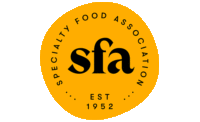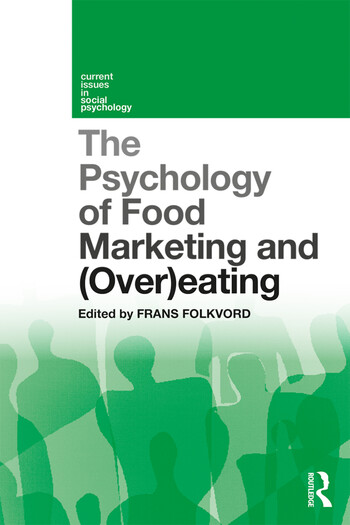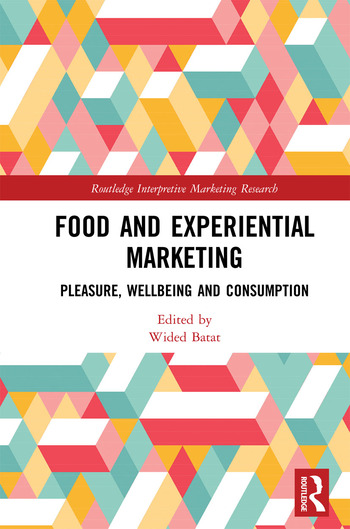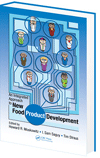Specialty Food Trends
Engaged consumers, alternative channels fuel surging specialty food segment

Americans, especially millennials and men, continue to discover specialty foods and beverages as they become a larger, more integral part of the American diet, according to "Today's Specialty Food Consumer," an annual report from the Specialty Food Association. This robust survey, produced in conjunction with market researcher Mintel, is now available at www.specialtyfood.com/consumer2016.
The $120.5 billion industry saw specialty food consumption jump significantly in 2016—60 percent of consumers, across all age groups, say they have bought a specialty food or beverage in the past six months, up from 47% in 2015. Other findings include:
Millennials changing the game: The purchasing patterns of millennials cover the widest range of categories and the most diverse retail channels. They are the most frequent purchasers of products like chocolates, cookies, coffee, pasta and pizza sauces, ice creams, and salsas and dips. Watch this video and download this infographic to learn more about today's millennial specialty food consumers.
• Men step up: Last year was the first time men surpassed women as the group more likely to buy specialty foods, and the gap widened in 2016.
• Online shopping has legs: This year's respondents were more likely than ever to say they've made specialty food purchases online. Millennials are the most likely to shop for specialty foods online: 75% of respondents report doing so.
• Not just the corner grocery: Specialty food sales in club stores, convenience stores, mass merchandisers, department stores, home stores, and gift stores are all growing.
"Discovering specialty food has become a core part of the younger consumers daily shopping routine. They are moving away from the staples that they grew up with and embracing the new tastes and flavors of specialty food," says Phil Kafarakis, president of the Specialty Food Association. "We've been conducting this research with Mintel since 2005 in order to help producers, suppliers, and buyers better understand specialty food consumers. It seems clear that as the consumer base changes and those consumers' needs evolve, their shopping choices become increasingly more driven by convenience. Retailers and manufacturers need to stay nimble to cater to them."
The results of this research support The State of the Specialty Food Industry Report 2016, issued by the Specialty Food Association, earlier this year. The specialty food industry grew to a record high $120.5 billion industry in 2015, largely fueled by the growth of small businesses and the fact that the American consumers continue to move toward specialty foods and away from the mass. E-Commerce has become an integral part of the industry. Eighty-five percent of manufacturers sell via their own website and 49% use a third-party platform like Amazon.
Additional information can be found at www.specialtyfood.com/stateindustry2016.
Looking for a reprint of this article?
From high-res PDFs to custom plaques, order your copy today!








